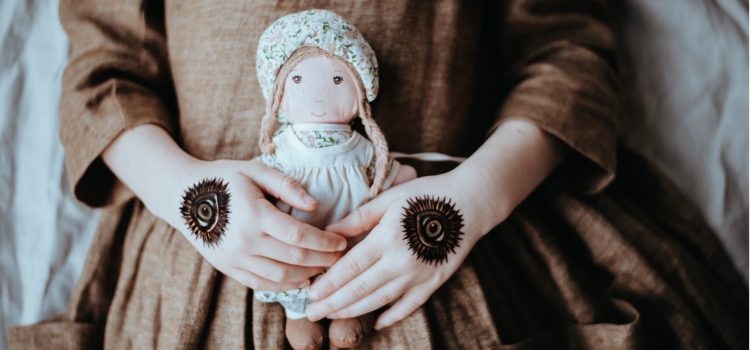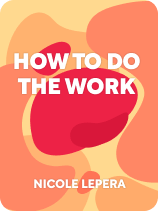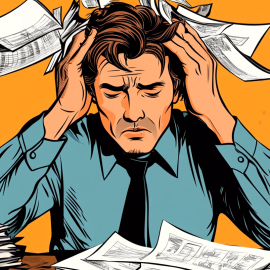

This article is an excerpt from the Shortform book guide to "How to Do the Work" by Nicole LePera. Shortform has the world's best summaries and analyses of books you should be reading.
Like this article? Sign up for a free trial here.
What is childhood conditioning? How can it lead to negative long-term effects?
Holistic psychologist Nicole LePera says the thoughts and behaviors you have adopted as an adult stem from your childhood conditioning. If your parents instilled negative beliefs, then you could still be subconsciously controlled by them, even as an adult.
Keep reading to learn how your childhood conditioning could still be affecting you, according to LePera.
Childhood Conditioning & the Subconscious
LePera argues that your emotional and behavioral patterns are a result of childhood conditioning. As a child, you subconsciously absorbed thoughts, emotions, behaviors, and beliefs from your parents and your environment. You now automatically default to these conditioned beliefs and behaviors to interpret and respond to all your experiences.
She explains that you craved love and security above all else. Because you were completely dependent on your parents to provide this emotional and physical security, you automatically adapted your behaviors to get what you craved:
- If you acted according to their expectations, your parents rewarded you—for example, with positive attention and affection. This made you feel loved and secure.
- If you acted against their expectations, your parents punished you—for example, with rejection or negative judgment. This made you feel unloved and insecure.
(Shortform note: Researchers add further insight into how childhood conditioning takes hold and continues to influence us as adults. Our inherent need to feel emotionally connected motivates us to internalize thoughts, beliefs, and behaviors that help us form cooperative relationships. As adults, this need for connection encourages us to spend time with people who are similar to us—because the feeling of sameness enhances our sense of belonging. However, being around like-minded people makes it difficult to break free of our conditioning—because it constantly reinforces our cognitive, emotional, and behavioral patterns.)
Effects of Painful Childhood Experiences
LePera argues that, whenever your parents made you feel unloved and insecure, you felt extreme pain and discomfort. Since you couldn’t escape the situation and hadn’t yet developed the emotional skills to cope with your inner turmoil, you adopted defensive beliefs and behaviors to avoid feeling your pain and prevent similar painful situations from occurring.
Further, since you relied on your parents to teach you how to think, feel, and behave, you adopted the same defensive beliefs and behaviors that they used to cope with their pain. LePera argues that your childhood conditioning (the reliance on defensive beliefs and behaviors to avoid feeling pain) doesn’t end in childhood but, rather, follows you into adulthood.

———End of Preview———
Like what you just read? Read the rest of the world's best book summary and analysis of Nicole LePera's "How to Do the Work" at Shortform.
Here's what you'll find in our full How to Do the Work summary:
- How childhood conditioning impacts your mental and physical health
- How to develop positive patterns that improve your well-being
- Tools to feel happier, healthier, and more in control of your life







From a young age, children are told to go out and get an education, get a degree, and to go contribute to society and get a high paying job. While these factors can be significant in an individual’s future, not everyone wants to participate in society’s standards set for them.
According to Holistic psychologist Nicole Lepera, the thoughts we have and behaviors we harbor at an adult age stem from childhood conditioning. When certain beliefs are drilled into your head constantly by your environment, parents, teachers, and other
figures; you at some point are subconsciously controlled by them.
Operant conditioning is one of many forms used on many to control and/ or sway their decisions. Operant conditioning uses a system of positive and negative reinforcement and positive and negative punishment. If all an individual ever hears is that they will be rewarded with a degree, a nice house, money, and much more then they will feel inclined to do so while blindly turning their head. While minds are impressionable, social conditioning can highly affect an individual as it makes you act and think in a manner that is approved by society and your peers.